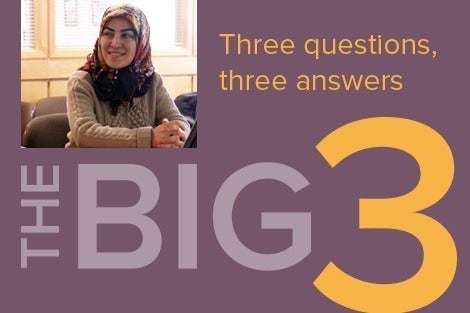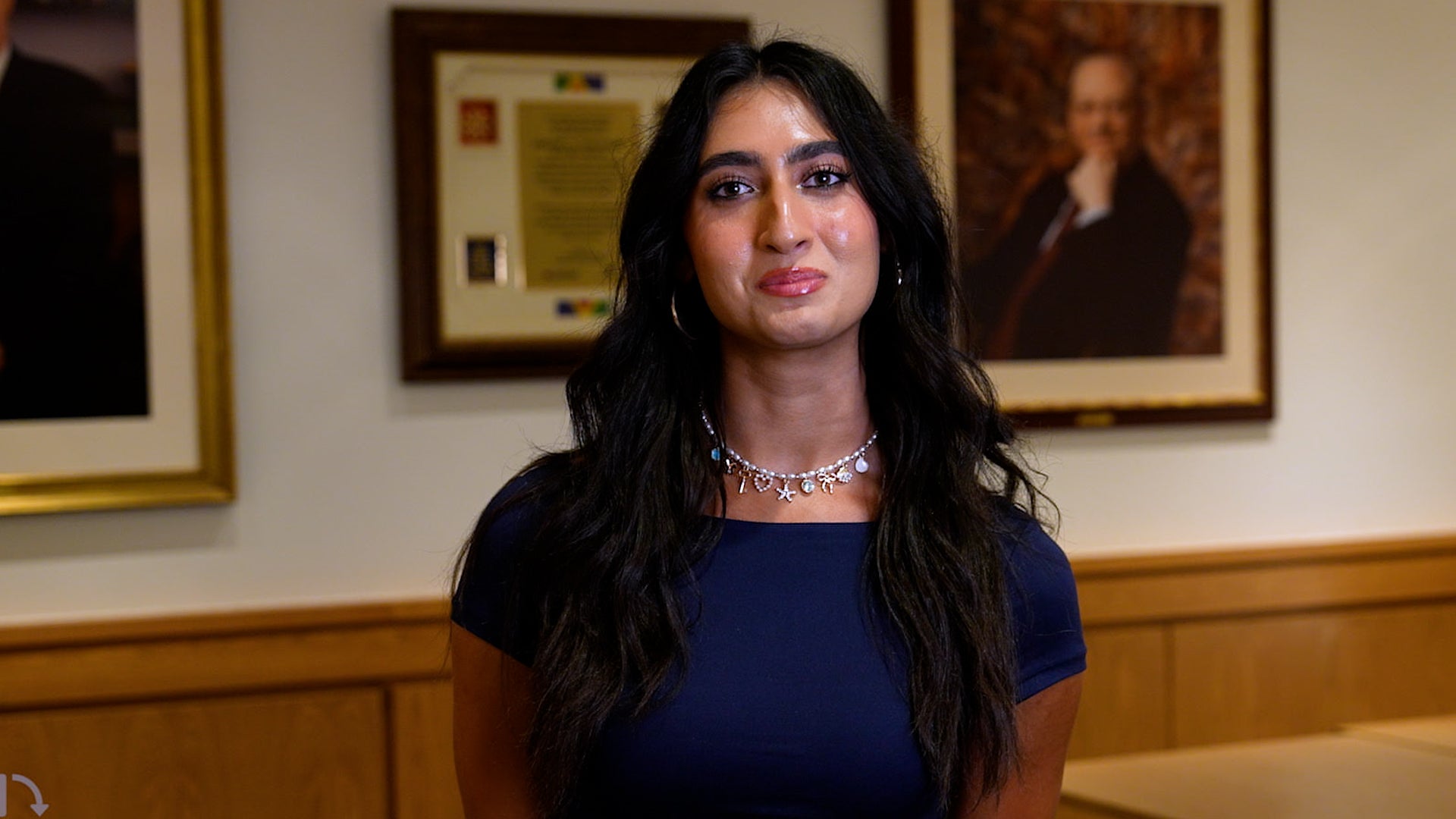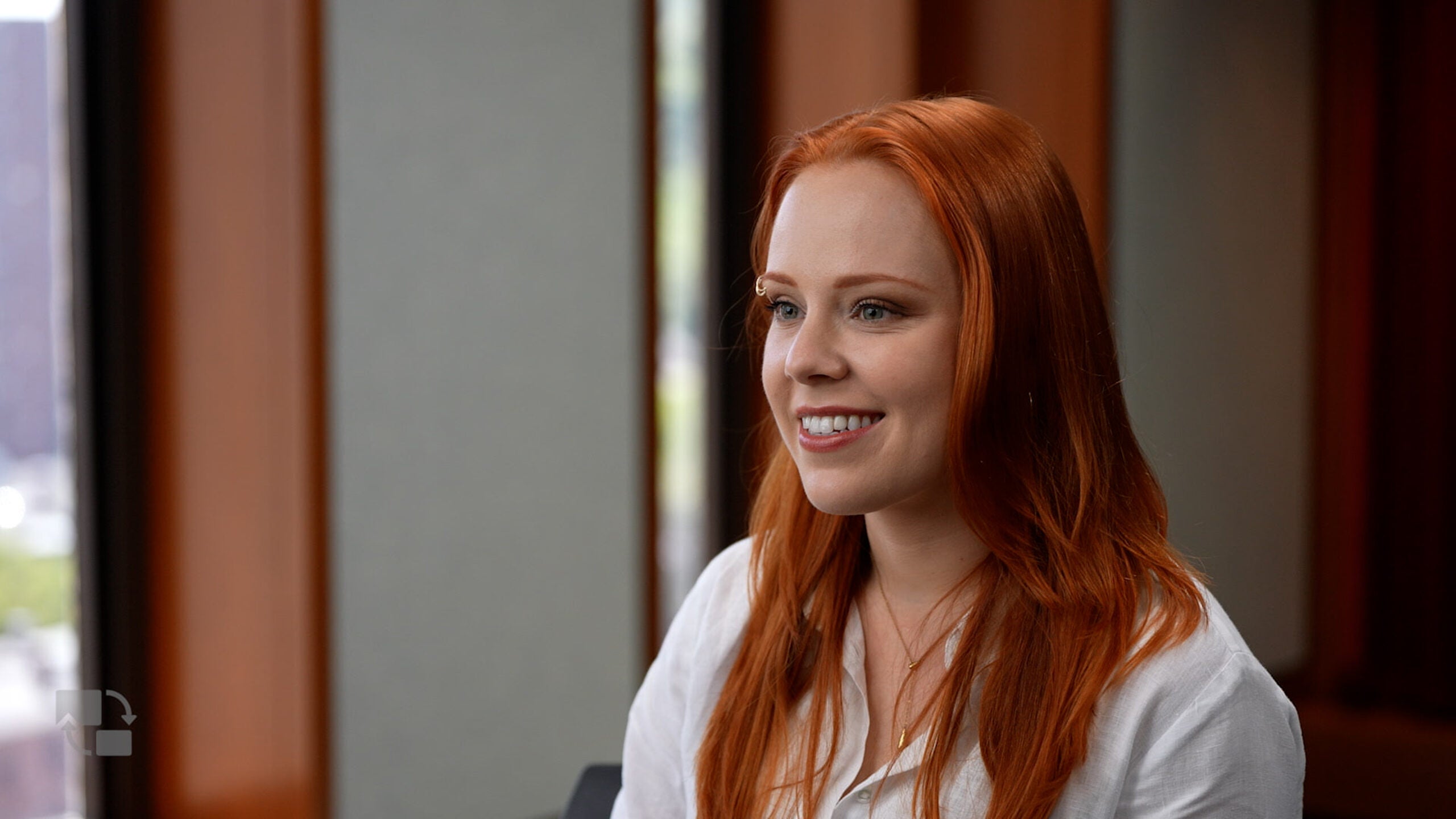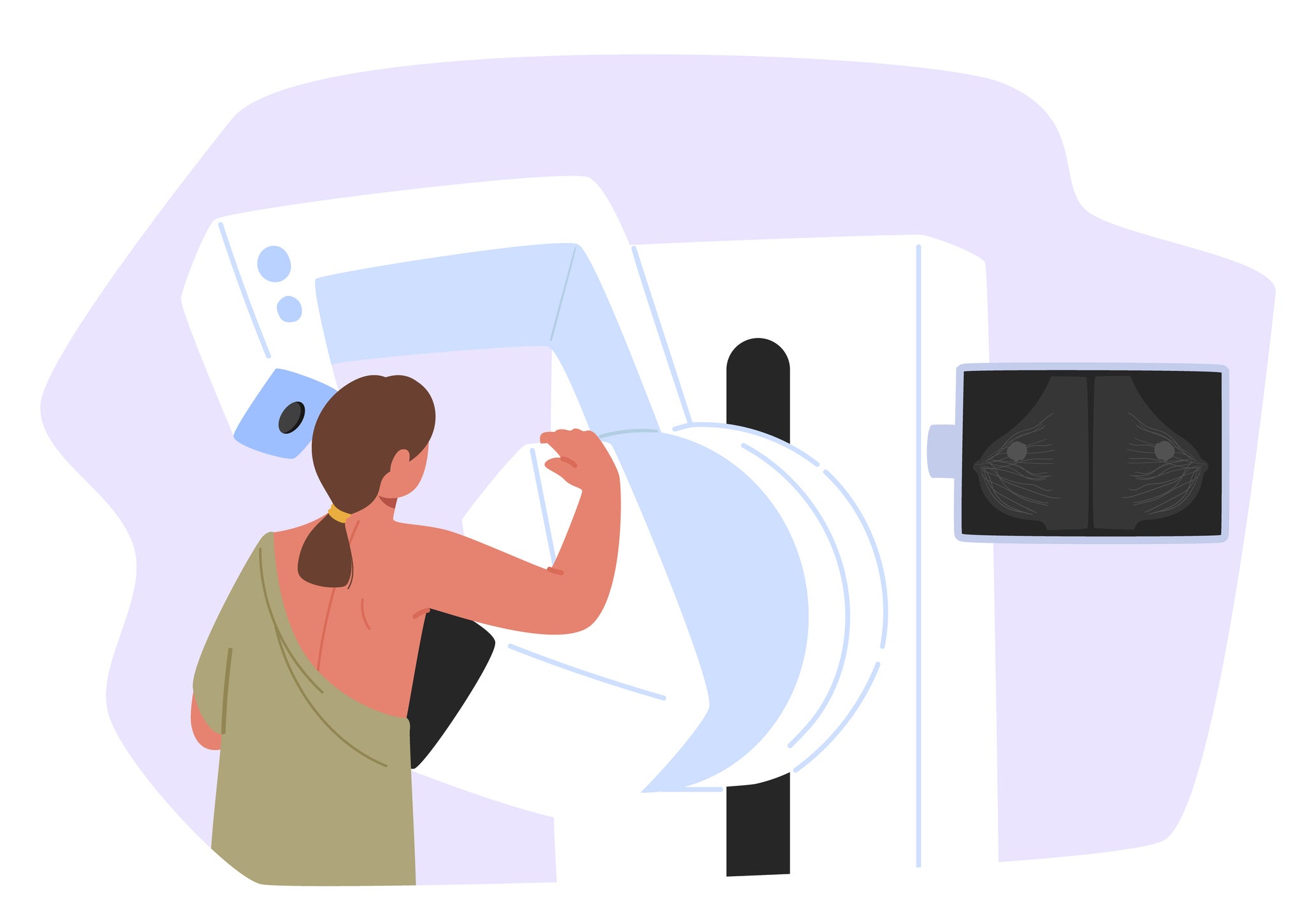Red meat consumption and breast cancer risk

October 9, 2014 — Maryam S Farvid, a visiting scientist and Takemi fellow at Harvard School of Public Health, was first author on two recent studies that found that young women who ate higher amounts of red meat had a higher risk of breast cancer.
Q: How strong of a link did you find between eating red meat and increased breast cancer risk?
A: We found that women who ate the most red meat in adolescence or early adulthood had an increased risk of developing breast cancer later in life. One serving a day increment in red meat intake during adolescence was associated with a 22% higher risk of premenopausal breast cancer and each serving per day increment during early adulthood was associated with a 13% higher risk of breast cancer overall. Those who ate more poultry during the same period had a lower risk of developing breast cancer.
Of course, red meat is not the only risk factor for breast cancer. And this is an observational study, so we could not say that eating red meat was the only reason these women got cancer. But our analysis took into account most of the known breast cancer risk factors, and we adjusted for smoking, alcohol intake, age, hormone therapy, and oral contraceptive use. Still, red meat was one of the important breast cancer risk factors.
Q: Some previous studies have not found a link between red meat and breast cancer. How do you account for the discrepancy?
A: The difference between our study and the other studies is the time period of measuring exposure. Most of the studies measured the diet of women in midlife or later. We looked at adolescence and early adulthood, because at that age mammary glands seem to be more susceptible to carcinogenic exposure.
We developed this hypothesis based on the results from atomic bombings of Hiroshima and Nagasaki. Girls and young women who were exposed to this radiation had a higher risk of breast cancer later. But women who were exposed at age 40 or older did not have an increased risk.
Also, women often decrease the amount of red meat they eat during middle age, so lower red meat at age 50 does not necessarily mean the women had a low intake in their 20s.
Q: Based on your findings, what are your recommendations to women—and would they be different depending on the woman’s age?
A: Women don’t have to become vegetarians and give up red meat. But if they decrease the amount of the red meat they eat—for example, having it once a week instead of twice a day—they will decrease their risk of developing breast cancer. The good news is that they can replace red meat with other sources of protein, including poultry, legumes, nuts, or fish. Women will get the most benefit if they do this earlier in life rather than later.
And because red meat is not the only risk factor for risk of breast cancer, we suggest that women adopt a healthy lifestyle: drink less alcohol, don’t smoke, and get some physical activity.
Read Adolescent meat intake and breast cancer risk (International Journal of Cancer)
Read Dietary protein sources in early adulthood and breast cancer incidence: prospective cohort study (BMJ)


